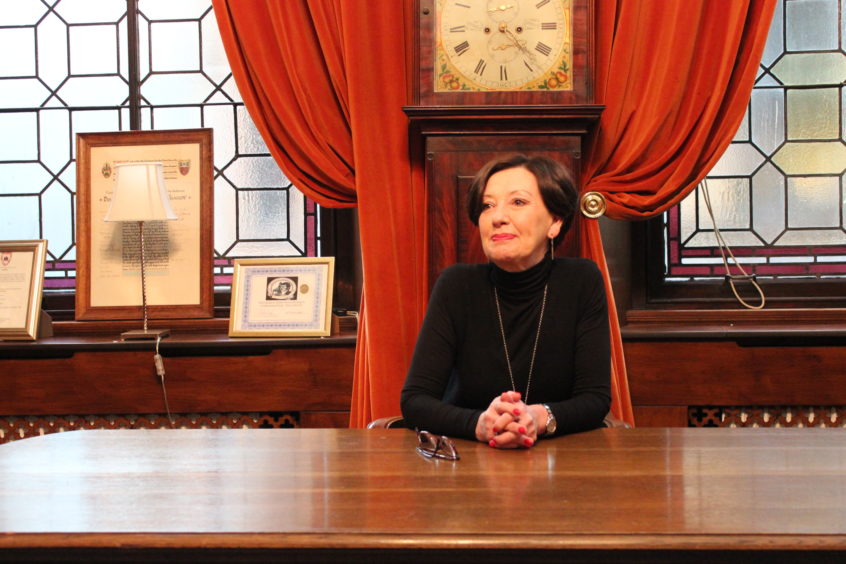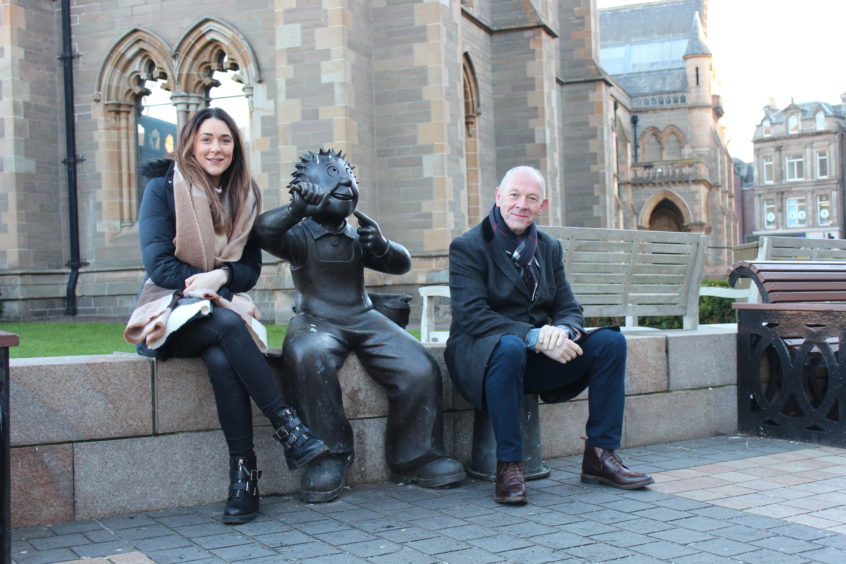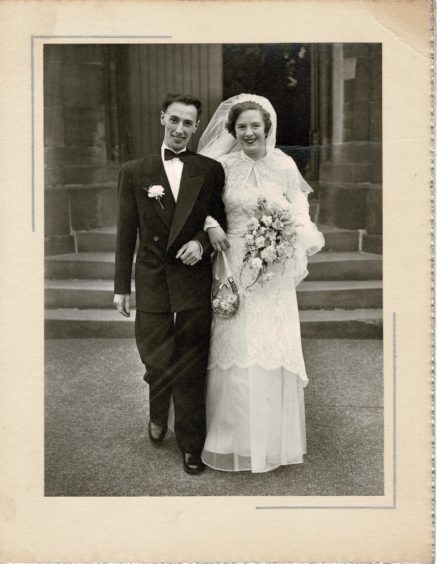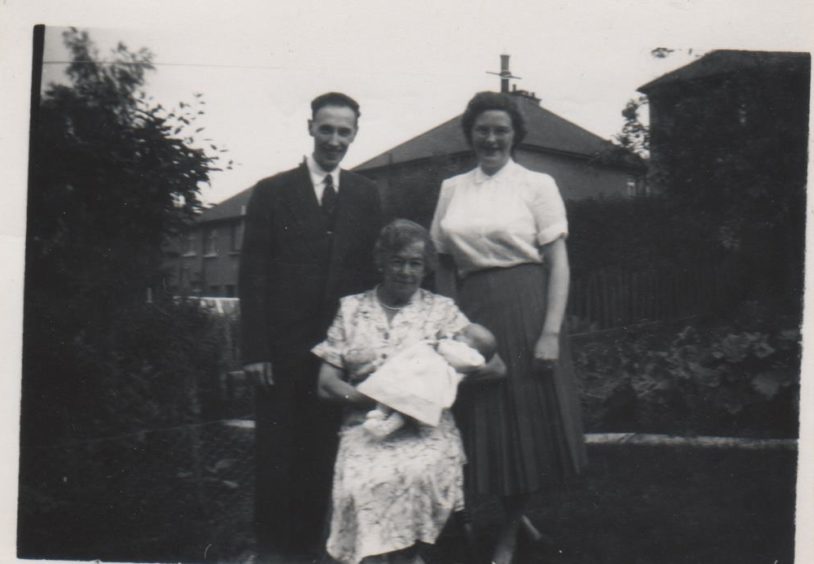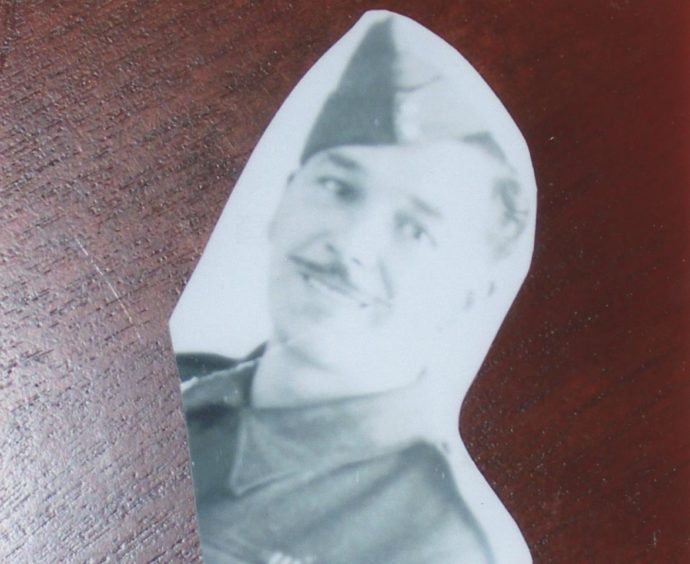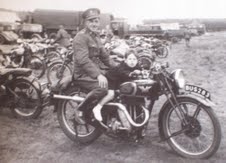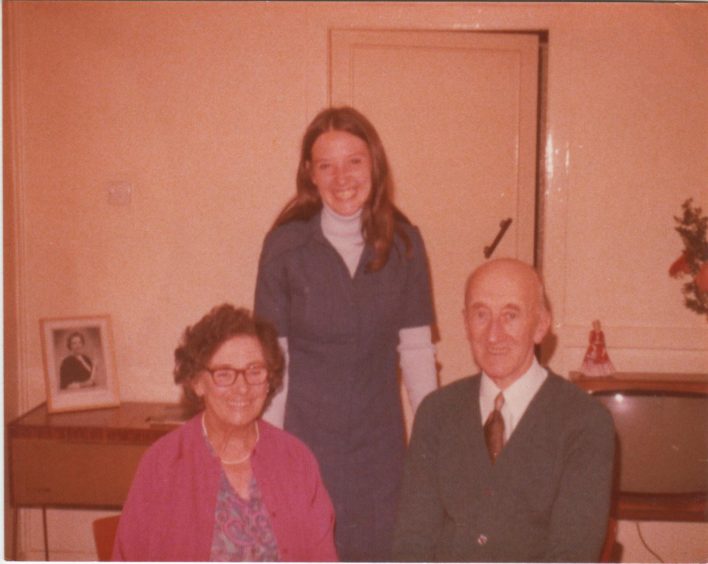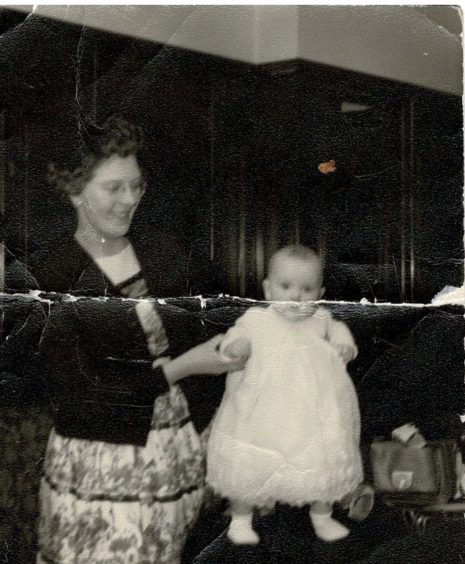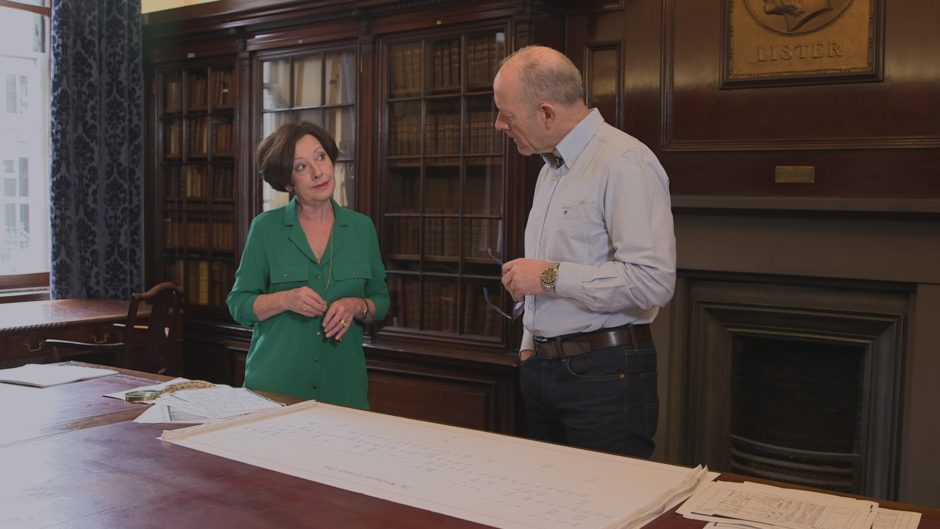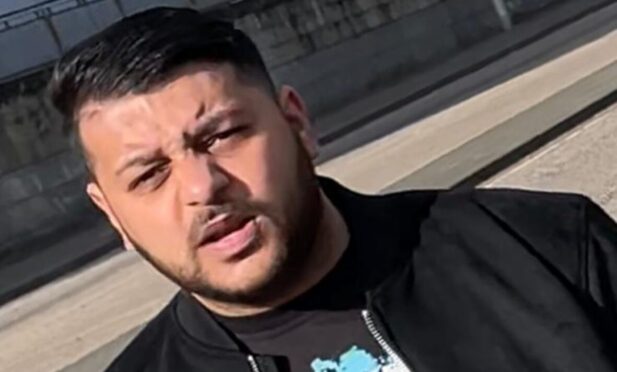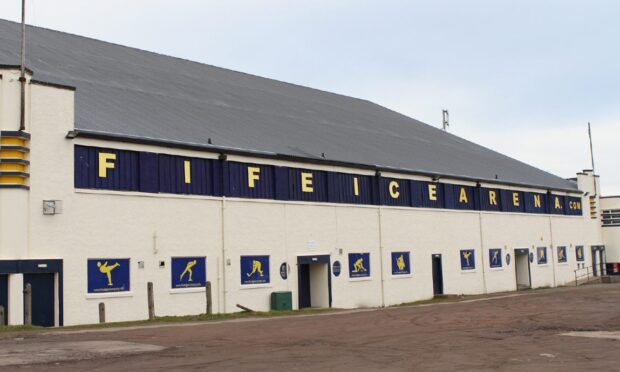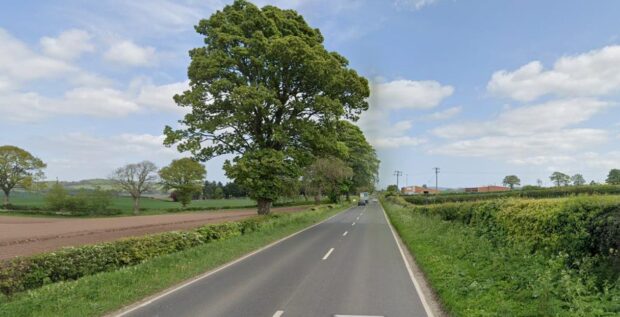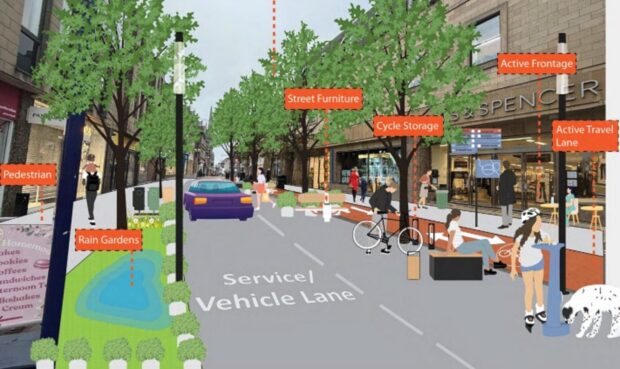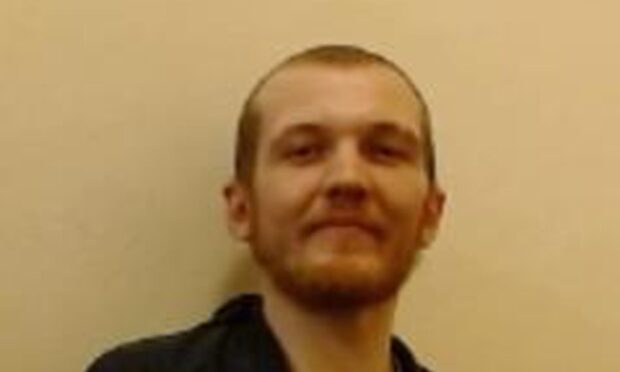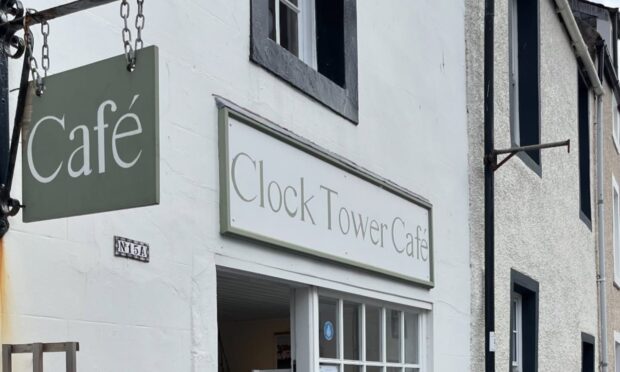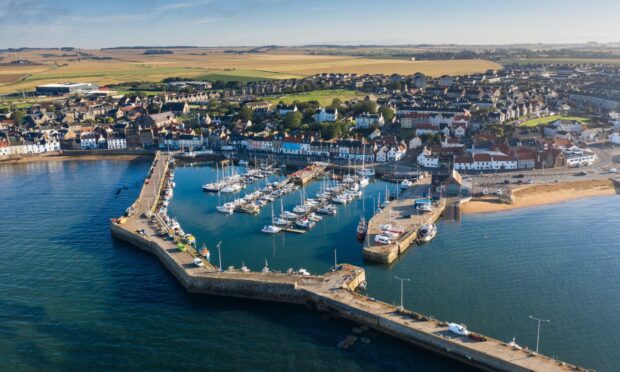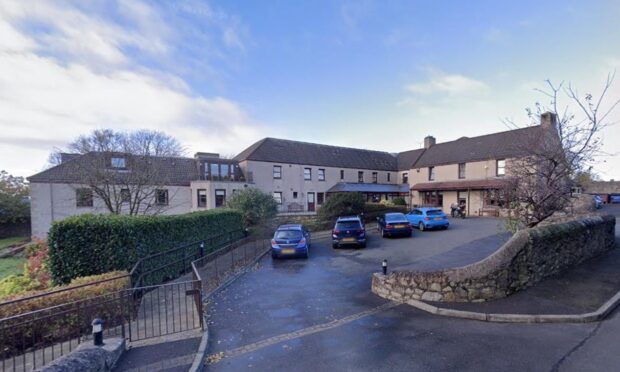As a new BBC Scotland series helps families uncover their past, professional genealogist Elizabeth Cunningham of Kirkcaldy tells Michael Alexander how discoveries about her own family history inspired her to help others.
Everyone has a back-story, says Fife-based genealogist Elizabeth Cunningham, and this will be more than evident when she appears on a new four-part BBC Scotland documentary series that helps families uncover their past.
On the first episode of The Generation Frame, which airs on the BBC Scotland channel at 8pm on Monday May 20, she helps father and daughter Brian and Holly Mulreany of Glasgow discover more about their family heritage rooted in the jute mills of Dundee and the harsh realities faced by their ancestors.
But in an interview with The Courier, Elizabeth, of Kirkcaldy, has revealed how it was the unexpected discoveries she made about her own family history almost 30 years ago that inspired her to train as a professional genealogist and helps her “empathise” with the families she now assists.
The self-employed 61-year-old, who is a member of the Association of Scottish Genealogists and Researchers in Archives (ASGRA), qualified as a professional genealogist seven years ago after completing an online course with Strathclyde University and secured a postgraduate diploma.
It was the death of her father when she was a baby, however, that inspired her, around the age of 30, to find out more about her own past – and to put her mind at rest that she was unlikely to be prone to a disease that she had always been told had cost him his life.
“I didn’t ever know much about my father,” said Elizabeth, who was born in Glasgow and has lived in Kirkcaldy for around 30 years.
“But as I got older I thought I just want to know more.
“I was always interested but I didn’t know how to go about it.
“I just asked a lot of questions of my mother, who had been traumatised by his death and remarried.
“I read an article about how to go about it. At that time, in those pre-internet days, you had to go to Registrar House in Edinburgh.
“Everything was on microfiche. It was absolutely fascinating. But it was very time consuming – you could go to Edinburgh for a day and only get a small amount of information.”
Having been told for years that her father, Walter Hay, died of bowel cancer aged 26, Elizabeth discovered that he had in fact contracted a virus whilst on National Service in Malta which had led to peritonitis.
It put her mind at rest that she was not likely to die young from a potentially hereditary bowel disease.
However, it also led her to unearth another fascinating tale about her grandfather Jack Cross and more about the life of her mother, now 88, who had been orphaned, under heart-breaking circumstances, as a child.
“My mother’s mother died aged 22,” she said.
“She went to sleep one night and didn’t wake up when mother was two. My mother had a younger brother who was three months old at the time.
“When her mum died, she was brought up by her grandmother and her baby brother was brought up by their aunt. Money was tight. The family couldn’t afford having extra mouths to feed.
“My mum didn’t know anything about her dad apart from his name. But he wasn’t talked about in the family because he didn’t always behave very well. He was a bit of a philanderer.
“However, there was an awful lot more to him than met the eye at the time because he was actually a bit of a war hero.”
Elizabeth discovered that while serving as a dispatch rider in the Signals during the early stages of the Second World War, he was badly injured after being fired upon by a German tank and managed to warn an approaching British patrol that they should take evasive action to avoid ambush.
Despite his shrapnel injuries, he refused to board an ambulance ship at Dunkirk because he wanted to make sure his men got out. He was awarded the Military Medal.
Two years later, however, having recovered to take up a desk job, he was found dead after inoperable shrapnel entered his heart and killed him, aged just 34.
He was found dead in a field having come off his bike.
“As a genealogist, I think when you have a back story of your own – which everybody does – I think it helps you to empathise with a personal need to understand, and also how upsetting it can be for people,” she added.
“First of all you need to find the facts. You need to find out who the parents were? Do they have any certificates – birth death and marriage records? But you link it with the social history of the area as well, that’s what really puts it into perspective and gives people priceless information.”
With this in mind, Elizabeth thinks Dundee folk will be “really interested” in the first episode of The Generation Frame as it deals with the jute mills and the migration that brought workers into Dundee from other areas.
Over the course of the series, subjects covered will range from the jute industry in Dundee to Scotland’s links with slavery in the West Indies, to the treatment of Italians in Scotland during the Second World War and Scotland’s first industrial strike by the Calton Weavers in 1787.
*The Generation Frame, Ep ¼, Monday May 20, BBC Scotland, 8 – 9pm.
